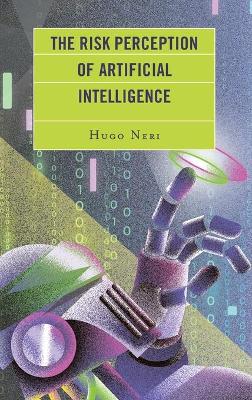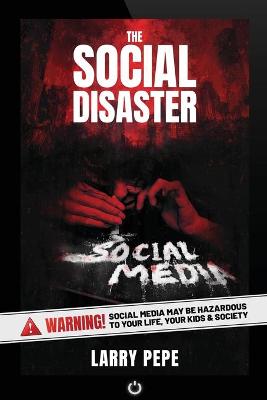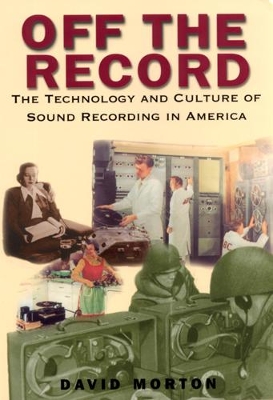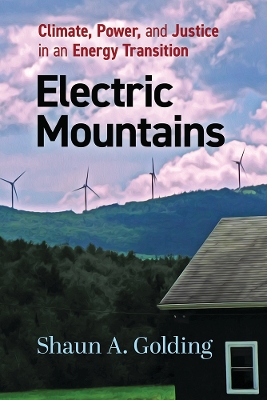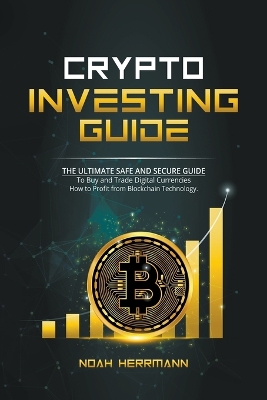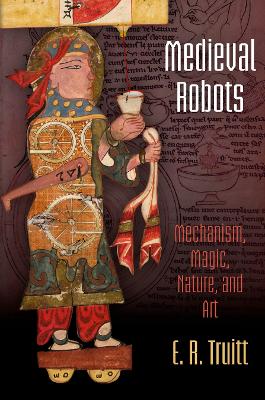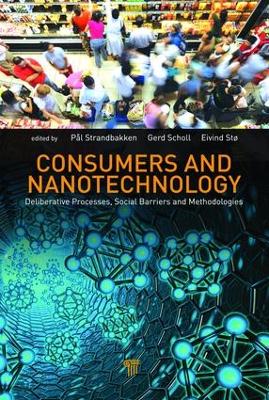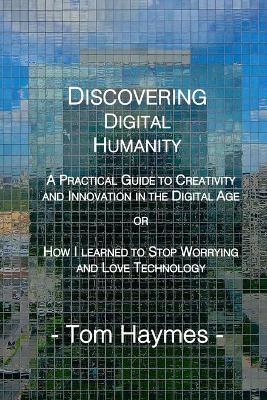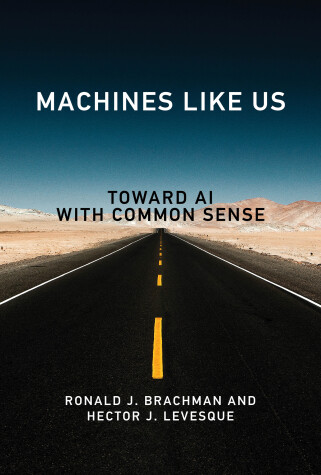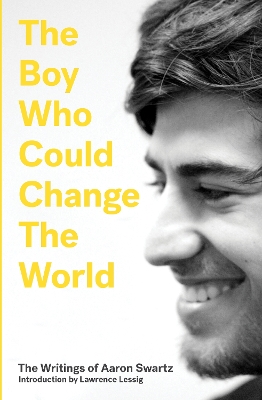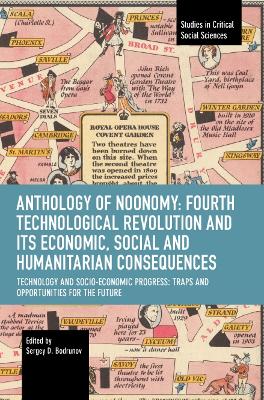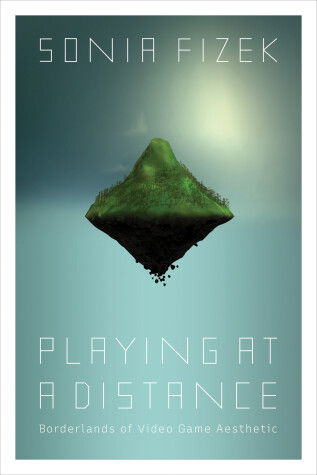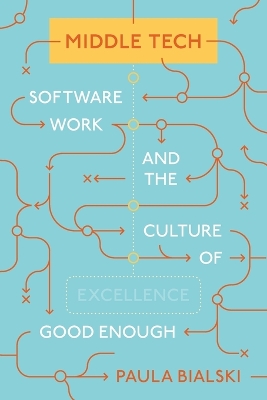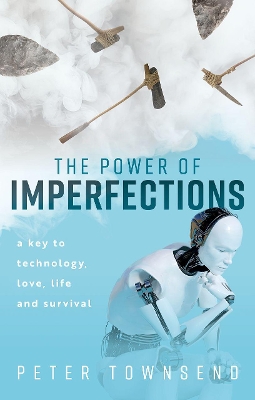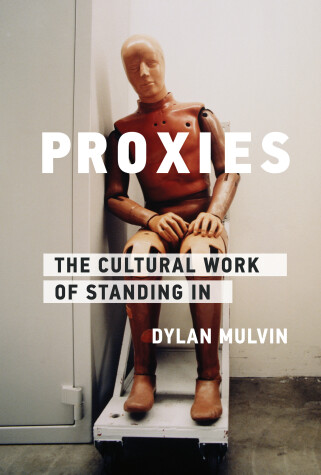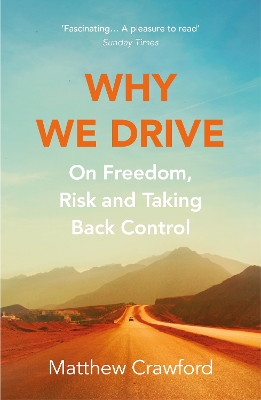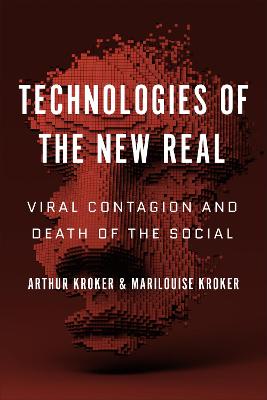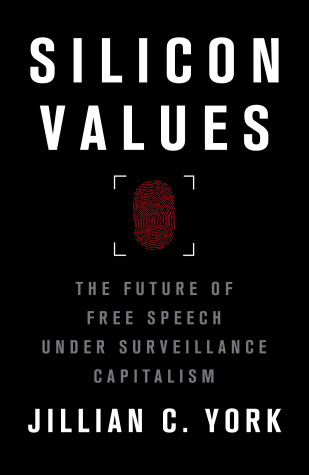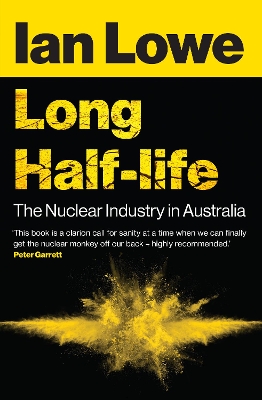Technology companies claim to connect people through touchscreens, but by conflating physical contact with emotional sentiments, they displace the constructed aspects of devices and women and other oppressed individuals’ critiques of how such technologies function. Technology companies and device designers correlate touchscreens and online sites with physical contact and emotional sentiments, promising unmediated experiences in which the screen falls away in favor of visceral materiality and co...
This book is an update, extension and radicalization of Guattari’s philosophy of the postmedia. It is the first of its kind to comprehensively apply Guattari’s thought on postmedia to post-millennium technological developments. Given the considerable interest in Felix Guattari and Gilles Deleuze’s work and its influence in Asia and South-East Asia and beyond, the book is a timely contribution and update of Guattari’s essential concepts. It offers a fresh approach to applying Guattari and Deleuze...
In The Risk Perception of Artificial Intelligence, Hugo Neri examines how society has come to understand artificial intelligence by studying how cultural productions, intellectuals, and the media have shaped society's views, understandings, and fears of artificial intelligence. As an abstract term, artificial intelligence has been understood both as a discipline and a "robot's mind." In the twenty and twenty-first centuries, cultural representations in comics, television shows, and movies conver...
David L. Morton examines the process of invention, innovation, and diffusion of communications technology, using the history of sound recording as the focus. Off the Record demonstrates how the history of both the hardware and the ways people used it is essential for understanding why any particular technology became a fixture in everyday life or faded into obscurity. Morton's approach to the topic differs from most previous works, which have examined the technology's social impact, but not the...
The history of information is a rapidly emerging new subfield of history. Historians are identifying the issues they need to examine, crafting novel research agendas, and locating research materials relevant to their work. Like the larger world around them, historians are discovering what it means to live and work in a world that increasingly sees itself as an information society. Long a discussion point among sociologists, economists, political leaders, and media experts, historians are integra...
A thousand years before Isaac Asimov set down his Three Laws of Robotics, real and imagined automata appeared in European courts, liturgies, and literary texts. Medieval robots took such forms as talking statues, mechanical animals, and silent metal guardians; some served to entertain or instruct while others performed disciplinary or surveillance functions. Variously ascribed to artisanal genius, inexplicable cosmic forces, or demonic powers, these marvelous fabrications raised fundamental ques...
Consumers and Nanotechnology
by Harald Throne-Holst, Eivind Soto, Pal Strandbakken, and Gerd Scholl
In recent years, questions about democratic influence on science and technology have received much attention. The lesson from the European unrest over GMO is that consumer-citizens will react negatively to being forced to accept the introduction of new, partly untested technologies. A number of political bodies have started to involve citizens and
How we can create artificial intelligence with broad, robust common sense rather than narrow, specialized expertise. It’s sometime in the not-so-distant future, and you send your fully autonomous self-driving car to the store to pick up your grocery order. The car is endowed with as much capability as an artificial intelligence agent can have, programmed to drive better than you do. But when the car encounters a traffic light stuck on red, it just sits there—indefinitely. Its obstacle-avoidance...
In January 2013, Aaron Swartz, under arrest and threatened with thirty-five years of imprisonment for downloading material from the JSTOR database, committed suicide. He was twenty-six years old. But in that time he had changed the world we live in: reshaping the Internet, questioning our assumptions about intellectual property, and creating some of the tools we use in our daily online lives. Besides being a technical genius and a passionate activist, he was also an insightful, compelling, and...
Anthology of Noonomy: Fourth Technological Revolution and Its Economic, Social and Humanitarian Consequences
An essential exploration of the video game aesthetic that decenters the human player—requiring little human action—and challenges what it means to play. Do we play video games or do video games play us? Is nonhuman play a mere paradox or the future of gaming? And what do video games have to do with quantum theory? In Playing at a Distance, Sonia Fizek engages with these and many more daunting questions, forging new ways to think and talk about games and play that decenter the human player and e...
Middle Tech (Princeton Studies in Culture and Technology)
by Paula Bialski
Why software isn’t perfect, as seen through the stories of software developers at a run-of-the-mill tech companyContrary to much of the popular discourse, not all technology is seamless and awesome; some of it is simply “good enough.” In Middle Tech, Paula Bialski offers an ethnographic study of software developers at a non-flashy, non-start-up corporate tech company. Their stories reveal why software isn’t perfect and how developers communicate, care, and compromise to make software work—or at...
It may be surprising to focus on and praise imperfection, but, in reality, perfection is a fiction. Every aspect of our technologies is based on understanding and exploiting imperfections in the materials we use. Imperfections are key to our use of metals, glass, electronics, computers, optical fibres, and building materials. Catalysis, as used throughout chemical industries, is dependent on imperfections, as are a wide range of modern advances in biology and medicine. This book provides example...
How those with the power to design technology, in the very moment of design, are allowed to imagine who is included--and who is excluded--in the future. Our world is built on an array of standards we are compelled to share. In Proxies, Dylan Mulvin examines how we arrive at those standards, asking, "To whom and to what do we delegate the power to stand in for the world?" Mulvin shows how those with the power to design technology, in the very moment of design, are allowed to imagine who is inclu...
Why We Drive is a rebellious and daring celebration of the human spirit and the competence of ordinary people by the bestselling author of The Case for Working with Your Hands.Once we were drivers on the open road.Today we are more often in the back seat of an Uber.As we hurtle toward a 'self-driving' future, are we destined to become passengers in our own lives too?In Why We Drive, the philosopher and mechanic Matthew Crawford celebrates the risk, skill and freedom of driving. He reveals what w...
Technologies of the New Real (Digital Futures)
by Arthur Kroker and Marilouise Kroker
With astonishing speed, we have been projected into a new reality where interactions with drones, robotic bodies, and high-level surveillance are increasingly mainstream. In this age of groundbreaking developments in robotic technologies, synthetic biology is merging with artificial intelligence, forming a newly blended reality of machines, bodies, and affect. Technologies of the New Real draws from critical intersections of technology and society – including drones, surveillance, DIY bodies,...
The Internet once promised to be a place of extraordinary freedom beyond the control of money or politics, but today corporations and platforms exercise more control over our ability to access information and share knowledge to a greater extent than any state. In Silicon Values, leading campaigner Jillian York, looks at how our rights have become increasingly undermined by the major corporations desire to harvest our personal data and turn it into profit. She also looks at how governments have...


